Chinese Embassy in the Philippines on Tuesday urged the Philippines to earnestly observe the understandings and arrangement reached with China in terms of South China Sea disputes, refrain from taking actions that may complicate the situation following the recent clashes in Xianbin Jiao (also known as Xianbin Reef). The Chinese embassy also demanded the U.S. to stop provoking confrontation in the South China Sea and cease actions that undermine regional stability and exacerbate tensions.
On Monday, two Philippine coast guard vessels, without permission from the Chinese government, intruded into the adjacent waters of Xianbin Jiao of China’s Nansha Qundao and, in disregard of China Coast Guard’s dissuasion and warning, acted dangerously by deliberately ramming the China Coast Guard vessel that was carrying out law enforcement operation.
In response, the spokesperson of the Chinese Embassy in the Philippines said in a statement on Tuesday that China is committed to handling maritime disputes with the Philippines properly through dialogue and consultation. China hopes the Philippines will honor its commitment, earnestly observe the understandings and arrangement reached with China, refrain from taking actions that may complicate the situation, and work with China to get the situation at sea under control.
As the U.S. State Department issued a statement on the Xianbin Jiao collision, embassies of the U.S. and some of its allies in the Philippines also expressed condemnation of China’s “dangerous actions” which they claim escalate tensions. The spokesperson said on Tuesday that Chinese Ministry of Foreign Affairs and Chinese Coast Guard have issued statements on this incident. On-site video footages have been released, and the facts are clear and the truth is evident.
According to the spokesperson, on the day of the collision, the U.S. State Department issued a statement, and embassies of the U.S. and some of its allies in the Philippines also wasted no time in taking sides and making inflammatory statements, which raises questions about their underlying motives. On what factual basis and “concrete evidence” are their stance and their accusations against China founded? How did they so swiftly determine right from wrong? Are they self-appointed judges and juries?
These countries unabashedly claim to uphold a “rules-based order.” Talking about rules, the Declaration on the Conduct of Parties in the South China Sea (DOC), after 22 years of repeated practice, has become an internationally recognized and integral part of the legal order in the South China Sea. “This is an undeniable fact—are they not aware of this?” read the statement.
Article 5 of DOC stipulates that parties should exercise self-restraint in the conduct of activities that would complicate or escalate disputes and affect peace and stability. As an uninhabited reef, Xianbin Jiao should remain unoccupied and without facilities—are they not aware of this? And if they care about peace and stability in the South China Sea, why do they persist in sowing discord and fueling tensions?
The U.S. and certain countries are not parties to the South China Sea issue and have no right to interfere in maritime matters between China and the Philippines, according to the statement.
What China did was to respond to the Philippines’ infringement activities, Chinese Foreign Ministry spokesperson Mao Ning also said on Tuesday, adding that China took those actions in order to defend its territorial sovereignty and maritime rights and interests. They are just, lawful and beyond reproach, Mao said.











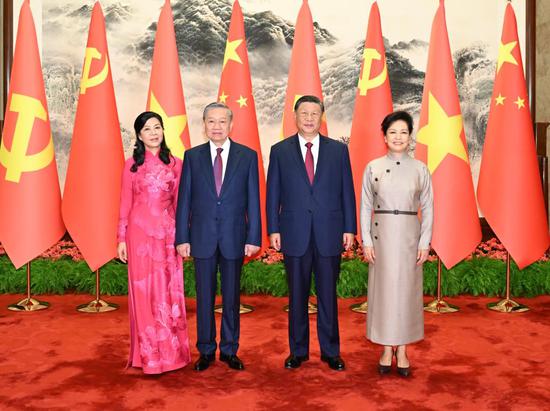


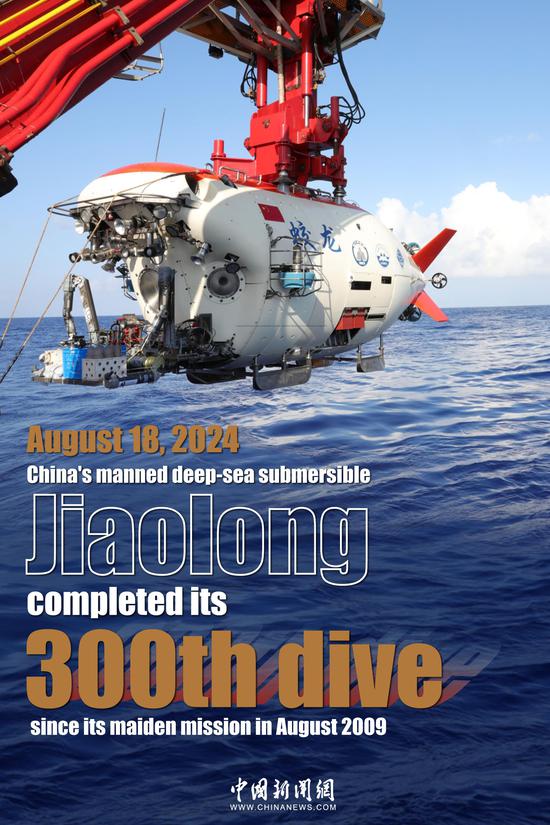

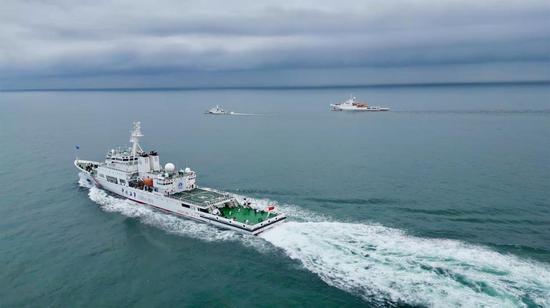




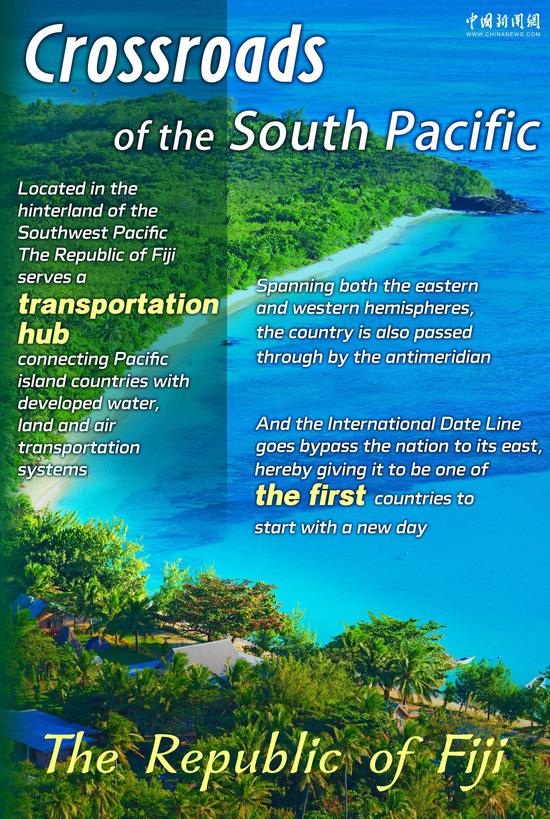




















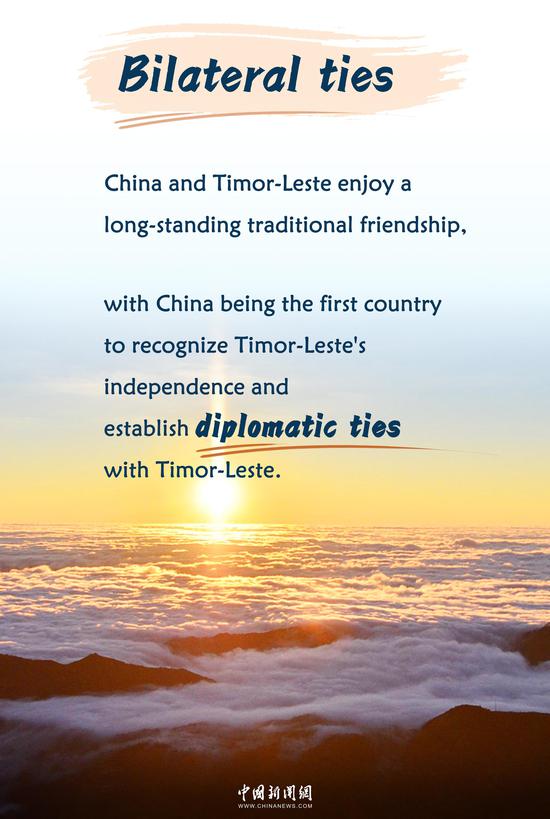
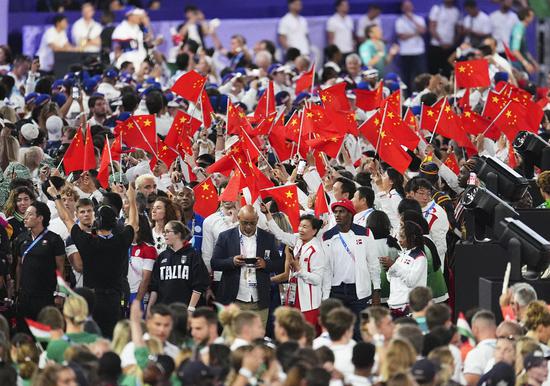




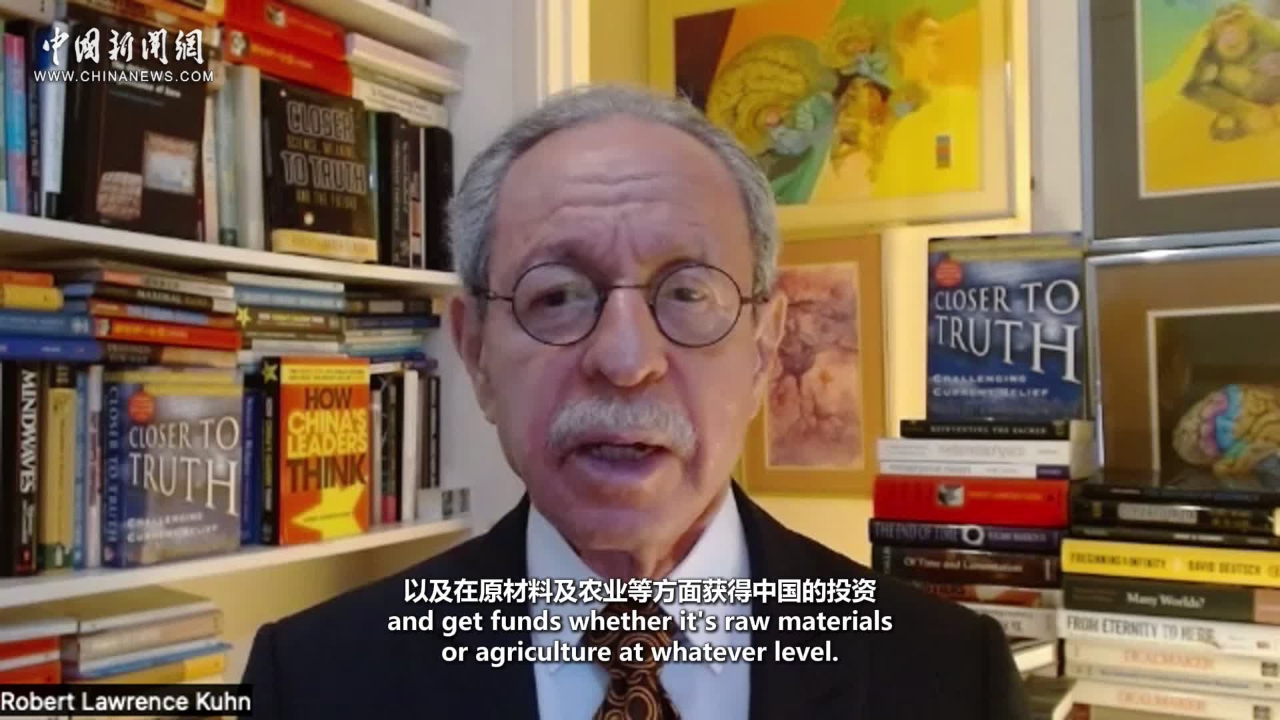

 京公网安备 11010202009201号
京公网安备 11010202009201号